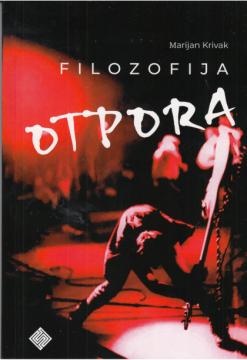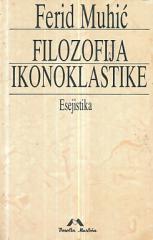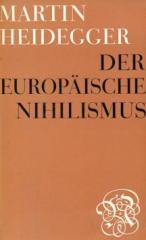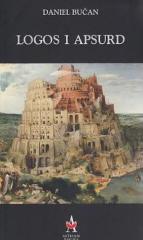
Filozofija otpora
U svetu entropijskih poredaka umreženih „kontrolnim društvima“ (Delez), jedino što nam je preostalo je svojevrsna FILOZOFIJA OTPORA.
Otpor je kao „ljudski previše ljudski“ poriv da se osvoji enklava pravde u nemoćnom (jedino) formalnom okviru ljudskih prava i sloboda. Nadalje, filozofija danas mora biti u onome što se od antike naziva eudaimonia – sreća kao blaženstvo. Odgovor, pak, na pitanje šta je filozofija, može biti samo „filozofirajući odgovor”. Njena izreka „ljubav prema mudrosti“ nam više nije dovoljna kao odlučujuća. Hajdeger i Delez i Gatari rešenje za svoje pitanje o „vrednosti” filozofije – po mom dubokom uverenju – dobijaju u Badiuovoj osebujnoj „metafizici stvarne sreće”. Centralni deo knjige – njen interludij – bavi se fenomenima jezika i umetnosti, posebno filma. Umetničko delo Julija Knifera (uporedo sa filmskim opusom Mihovila Pansinija) postaje čin slobode, dakle OTPOR! Oba autora nastoje da svojim anti-stavom – Knifer sa antislikarstvom, a Pansini sa antifilmom – afirmišu umetnost samua. Kako onda označiti mesto JEZIKA u takvoj „filozofiji otpora“? Jezik, kao nešto što najviše pripada svakom ljudskom entitetu, treba osloboditi njegove komunikativne svrhe. Do toga bismo mogli doći ako obnovimo JEZIK kao generičku suštinu čoveka. Konačno, dostizanje jezika je i medij dolaska u svet (Sloterdijk). Poslednji deo knjige posvećen je terminu „fašizacija“. Šta je fašizam? Pojam kome se iznova vraćam potrebno je objasniti u operativnom smislu njegove trenutne filozofsko-teorijske upotrebljivosti. Da li je još uvek moguće pristupiti pojmu istorijski i epistemološki? Šta je FILOZOFSKI OTPOR OTPOR besmislenom i besmislenom svetu? Kroz ovu umetnost otkriva se revolucionarna želja za događajem naseljavanja nove zemlje i ljudi u kojima se rađa filozofija. Filozofija je reteritorijalizovana protiv svih dispozitiva kapitala, u „nefašističkom postojanju, u polju imanencije“.
One copy is available




